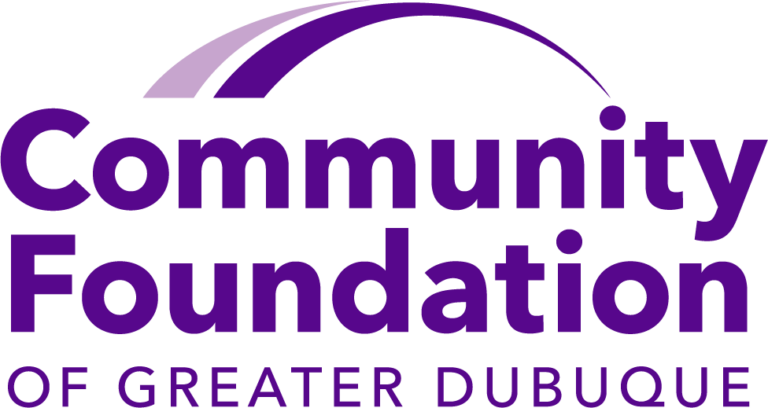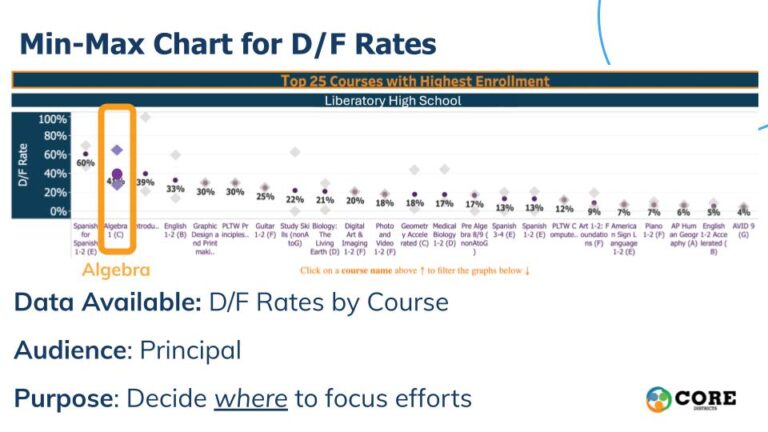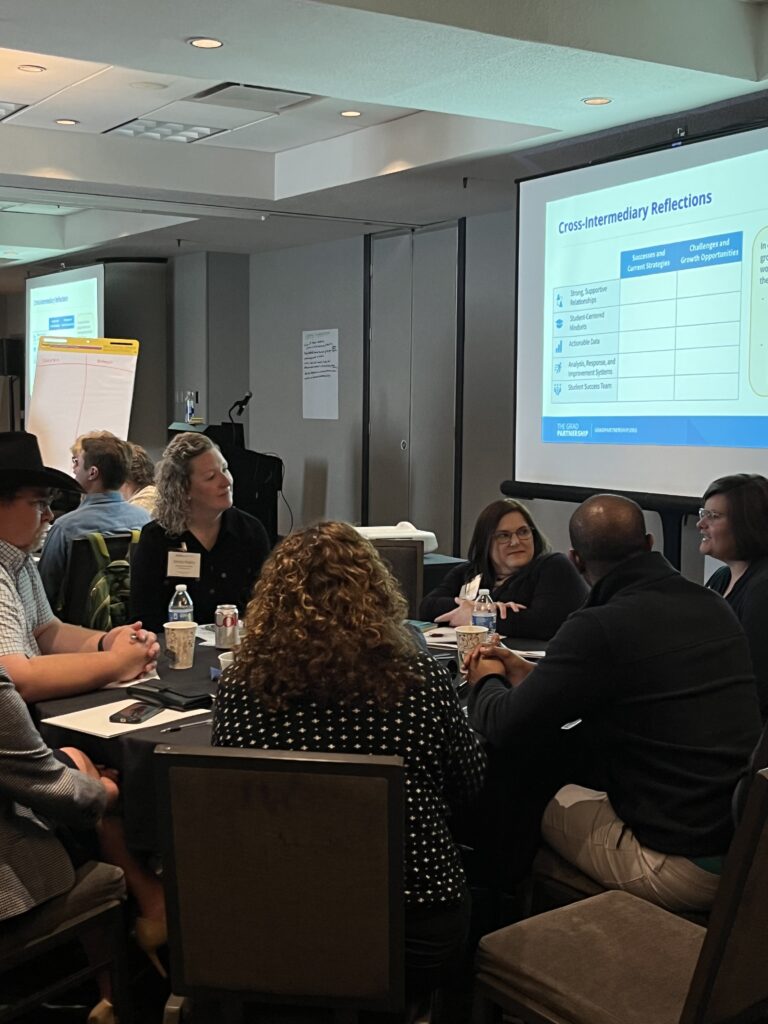Improving Graduation Rates with The GRAD Partnership
NCLD is a founding member of the GRAD Partnership, established in 2022 with the shared commitment to working in collaboration with leading education organizations to maximize our collective impact on students’ ability to succeed in school.



